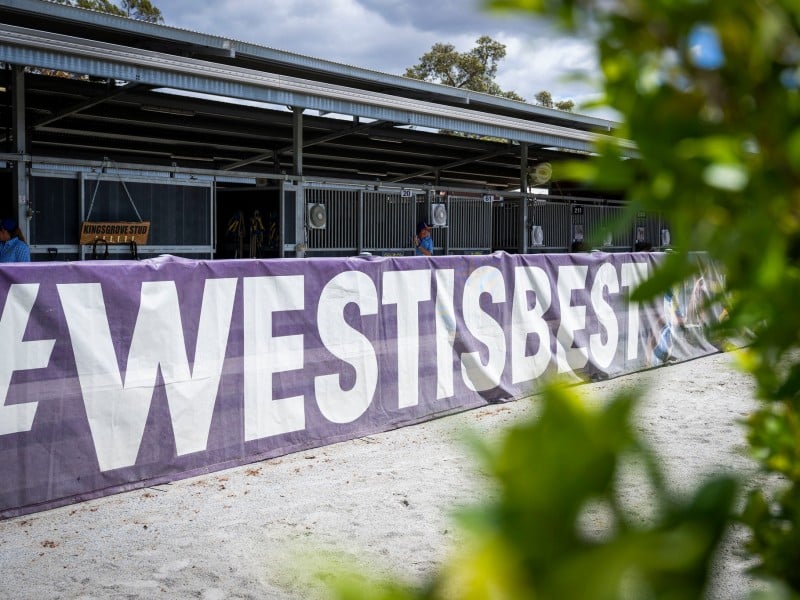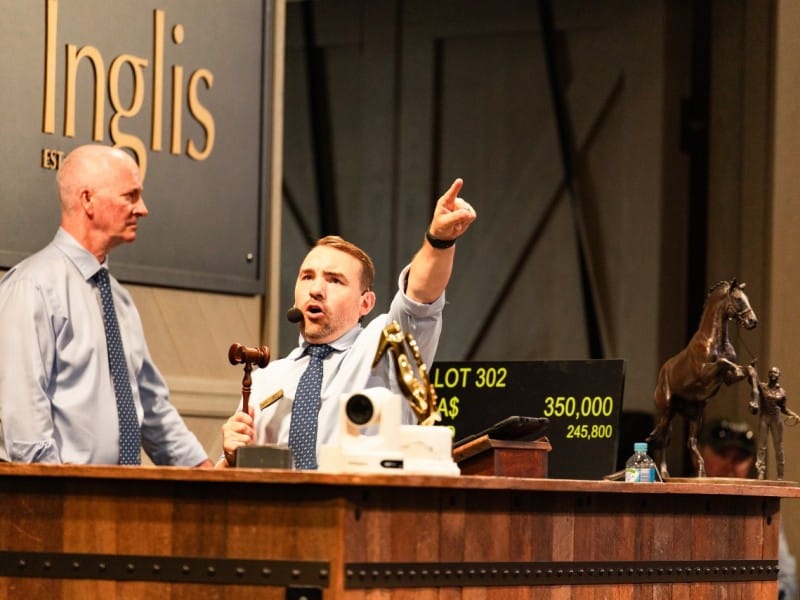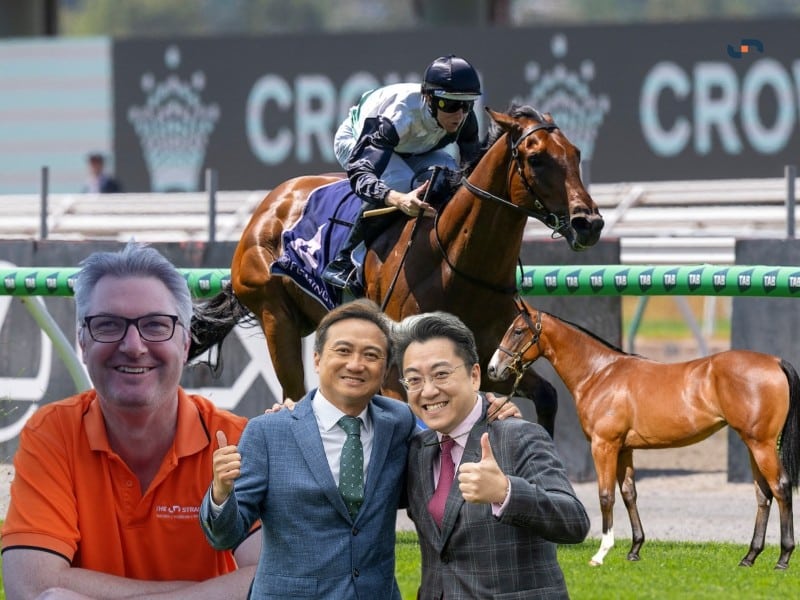‘When someone asks me a question, I like having the answer’ – How curiosity underpins Meta Osborne’s extraordinary racing life
Whether it’s breeding a Cox Plate winner, completing a Masters in equine welfare, assuming the directorship of the Irish National Stud or starting her own podcast, Meta Osborne’s work in the thoroughbred industry is never done.

At four o’clock in the morning Irish time, on the day in 2021 when State Of Rest snatched the Cox Plate from Anamoe, Meta Osborne and her husband Dermot Cantillon were huddled around their television set in County Laois. The horse they had bred had just won the race.
Or had he? The protest siren sounded, second against first, and the inquiry was dragging on for 20 minutes.
“He has it, he has it, I kept saying because I do some stewarding over here and I thought he was fine,” Osborne says. “But the longer it went on, in my heart I was thinking, was he actually fine? And of course he was.”
State Of Rest kept the Cox Plate for his breeders, Osborne and Cantillon of Tinnakill House in Ireland. They’ve had the farm since 2002, State Of Rest one of four Group 1 winners they have bred.
“That win was a huge thrill for us, but it was the longest 20 minutes of our lives,” Osborne says. “We were sitting here at home and Dermot kept saying to me, ‘what would you do, what would you do’.”
Osborne knows plenty about the job of a steward having been one in Irish racing off and on since 2012. She was Ireland’s first female senior steward.
She has been president of the Irish Veterinary Association and Veterinary Council of Ireland, a board member of Horse Racing Ireland (HRI) and the Irish Equine Centre, and she graduated in 1983 with a veterinary medicine degree, practising with a specialisation in mare reproduction. For the best part of a decade, she worked at Kildangan Stud.
In March, she and Cantillon were inducted into the Irish Thoroughbred Breeders’ Association (ITBA) Hall of Fame, and in May she was appointed a non-executive director of the Irish National Stud. It’s been a big year.
“When I put that list together (on LinkedIn) of everything I’d done, I was thinking gosh, did I do all that? But at the time, you just do things because this sounds interesting or I’d better join that because I need to get that sorted. It’s that tennis club analogy … if you want to get something done, you’d better get on the committee,” she says.
Osborne’s appointment to the Irish National Stud is non-decision-making. She will input her opinion into things like stallion acquisition and the tourism arm of the business, which is award-winning and critical to its success. Unlike many who are involved in committees and boards for a long time, she’s still enthusiastic.
“Committee work is off-putting for people,” she says. “I see so many brilliant people involved in the industry and I think to myself if they were in this committee or on that board, we really would change the world, and I wonder why they don’t get involved.
“For me, I know two worlds. I know the veterinary world and I know the horse world, and both are full of people with strong opinions. Sitting around a committee and trying to get consensus is something many people would find hard, especially as many decisions end up being a compromise.”
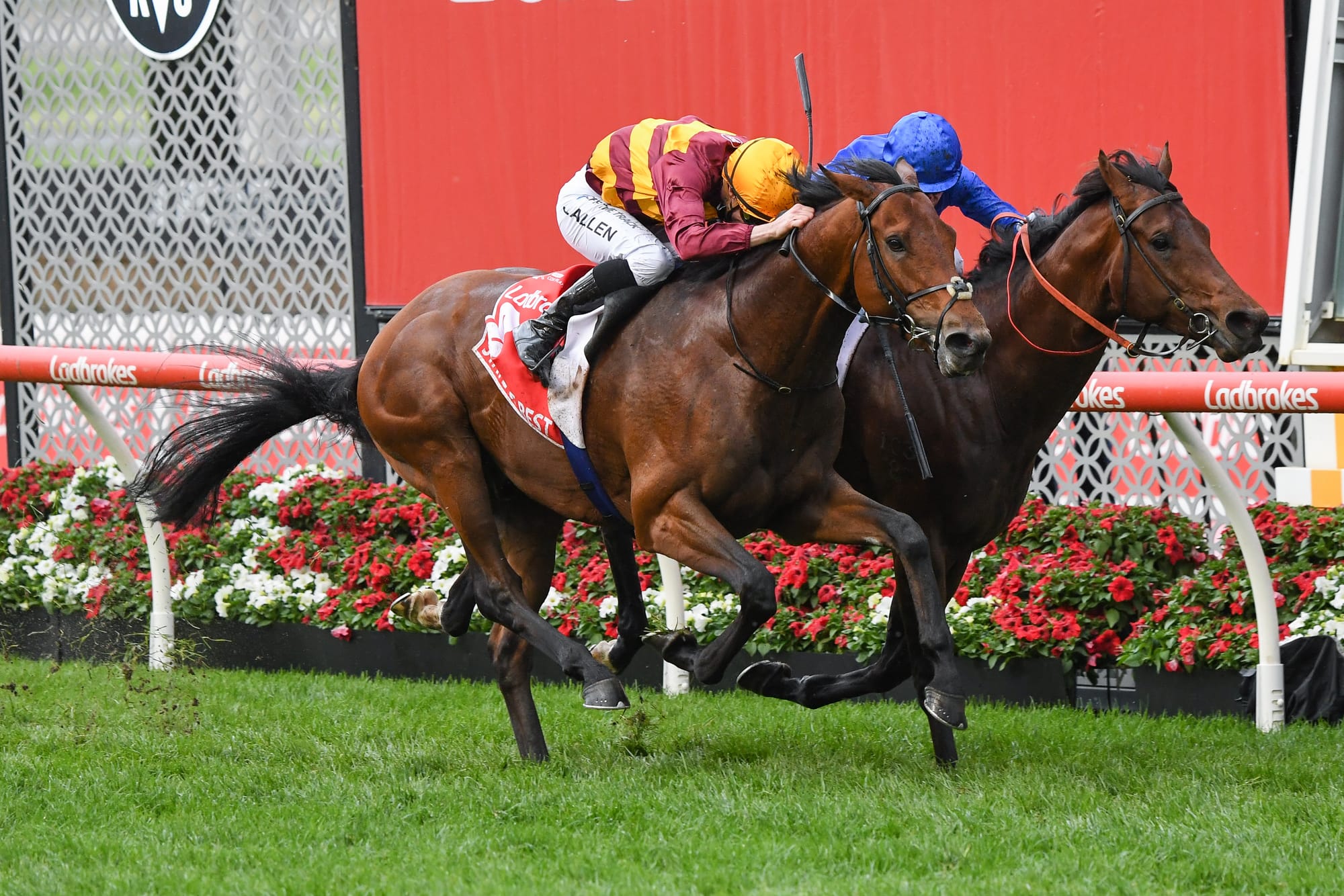
Decision-making has broken the back of some of the industry’s thickest skins. In 2022, John Messara resigned as chair of Racing Australia, unable to bring the nation’s state-based racing bodies to an olive branch.
“Committees make haste slowly, and that’s probably not enough for the people who want to burst through the boundaries and be change-makers in a dramatic sense of the word,” Osborne says. “But apart from the usual platitudes of wanting to make a difference and the greater good, it’s actually great fun being on these committees.”
Osborne is quick-talking, warm and animated. She laughs easily, brings a smile to meetings and is rarely antagonistic. It’s why she has popped up in so many places in racing administration.
But her appointment to the Irish National Stud, which she had to earn through application, is especially close to her heart. Her father, the late Michael Osborne, was a manager of the Stud, in 1971 introducing its stud management course. He was also the brains behind acquiring the successful sire Ahonoora.
“I knew the place. I grew up on the National Stud because of my dad,” Osborne says. “Today we are clients of the National Stud, it’s where we foal our mares and we are visitors too. I often bring my mother there for lunch.
“But on the induction day that I had, I realised how little I knew about the backroom stuff, the nuts and bolts and how it all hangs together. They have a fabulous team there that is very committed and I’m really looking forward to getting involved.”
Osborne rarely sits on her hands, and in the last six months her name has become familiar to Australian audiences through the podcast Changing Rein, which she co-hosts with Australian Karen Luke.
In their own words, it’s a light-hearted and lively look at sustaining horse sports, racing included, into the future.
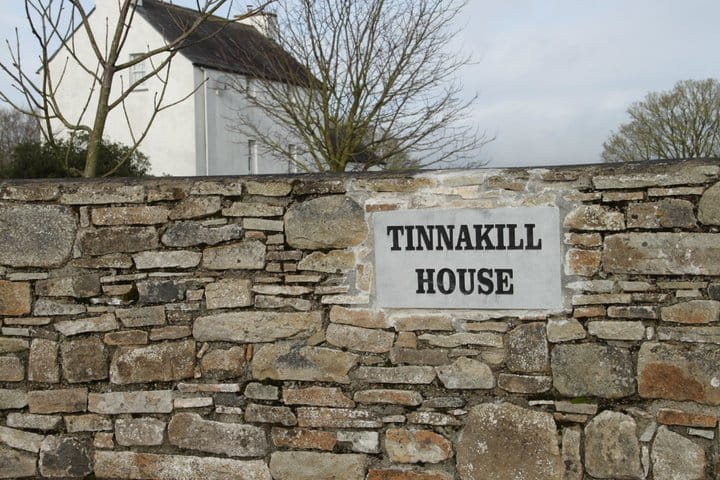
It came about after Osborne completed a remote Masters at the University of Edinburgh in International Animal Welfare, Ethics and Law, graduating in 2023.
“I was trundling along quite nicely as an equine vet, and when you’re a vet and someone mentions welfare to you, you think of keeping horses healthy and productive, and that’s fair and true up to a point,” she says.
“But when I was on those various boards, people would turn to me about welfare because I was the only vet in the room usually, and they’d ask me what I thought. I realised that I didn’t actually know an awful lot about it and I didn’t like that feeling.”
When Osborne initially graduated from veterinary college in 1983, she recalls a single lecture in her final year on animal welfare. Now she has a masters in it.
“I didn’t like being in a situation where I wasn’t qualified about something,” she says. “When someone asks me a question, I like having the answer. I don’t like to wing it.”
Changing Rein is produced in a virtual studio with one corner in Melbourne and the other in Mountrath, County Laois. Some of its guests across its seven current episodes include Newmarket trainer John Berry and Irish racing administrator Kevin Blake.
“Committees make haste slowly, and that’s probably not enough for the people who want to burst through the boundaries and be change-makers in a dramatic sense of the word” – Meta Osborne
The podcast has a growing audience around the world, and Osborne and Luke have at least a half-dozen episodes up their sleeves. They are no longer calling for guests; guests are calling them.
It’s been a liberating opportunity for the loquacious Osborne, who can say what she wants without repercussions.
“On boards, you always have to be mindful of your position and the positions of the body you’re representing,” she says. “But now I can say things and I’m not answerable to anyone, but what we’re ultimately hoping for with the podcast is that we’re getting people to think, rather than just blindly accepting how things are done.”
Osborne mentions the use of the whip as one such think-tank. Another is the suggestion that competition horses, no matter their discipline, might benefit from less isolation.
“During my Masters, it was like starting from scratch. The most important part of things nowadays is how the animal feels about the situation they find themselves in. In racing, and probably in equestrianism too, we don’t ask ourselves that question enough.”
In Osborne’s class of 30, she was one of only five or six veterinarians. The rest were lawyers, zookeepers, lab technicians, shelter workers and a Hollywood screenwriter. It opened her eyes to the stretch of modern welfare expectations.
“Veterinary health, I realised, is only a part of modern welfare,” she says. “The rest is about what the animal thinks, which is a complicated question with a complicated answer.”
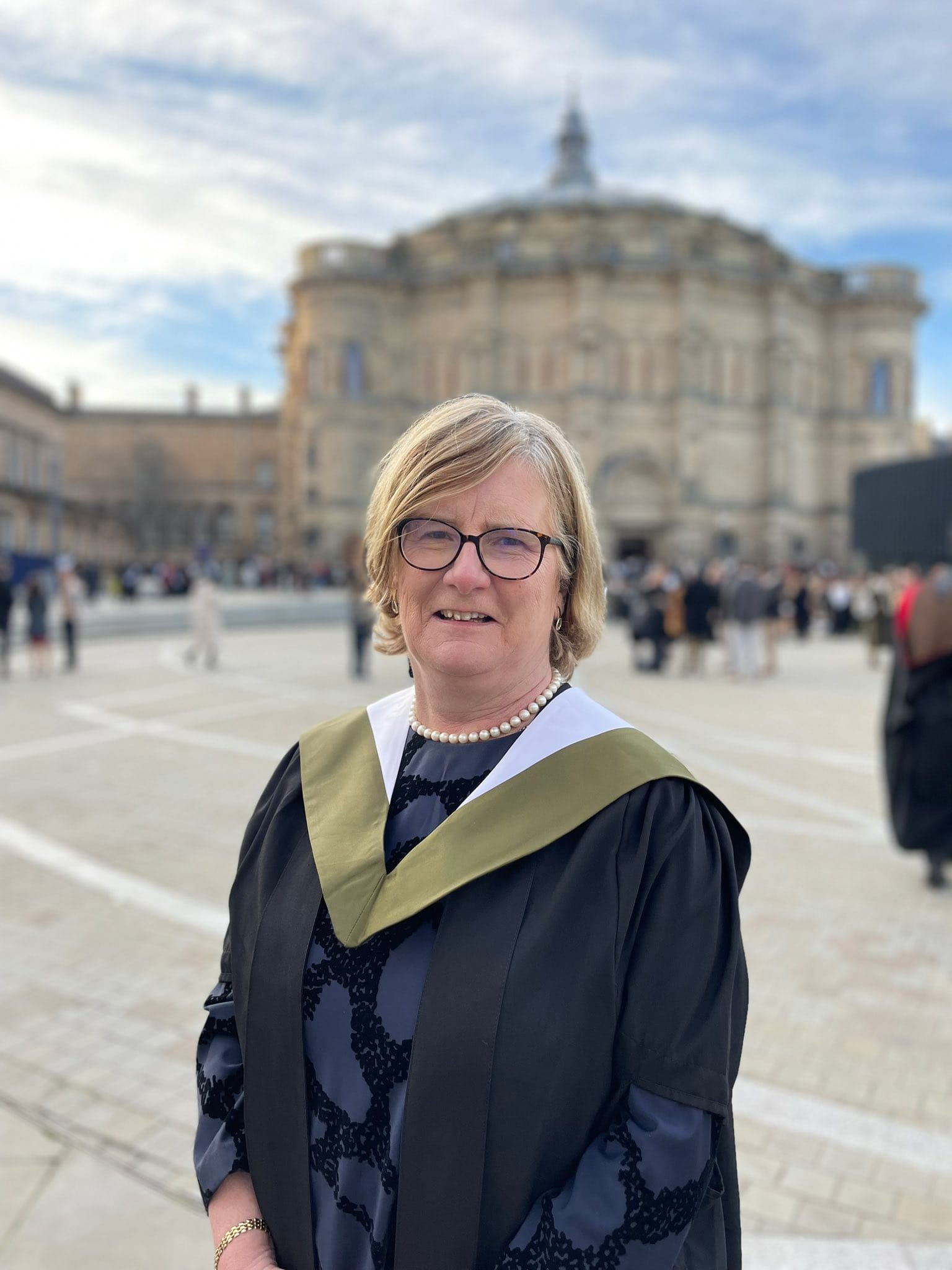
With everything she has done, learned and accomplished, Osborne could be a stuffy, overqualified tomtit, but she’s not. She is open-minded, high-achieving yet humble, with a heavy seasoning of comedy.
“I worked with someone on a veterinary committee for many years, and he was a very wise man. He never spoke until the end of a discussion when he would come out with a very short summary of where we were and where we needed to be, and everyone listened. He never thumped the table and he quietly, quietly got people to where they needed to be,” she says.
“I always thought, ‘that’s the way to be, just like that’, and of course I’m nothing like that. I say what I think straight up.”

